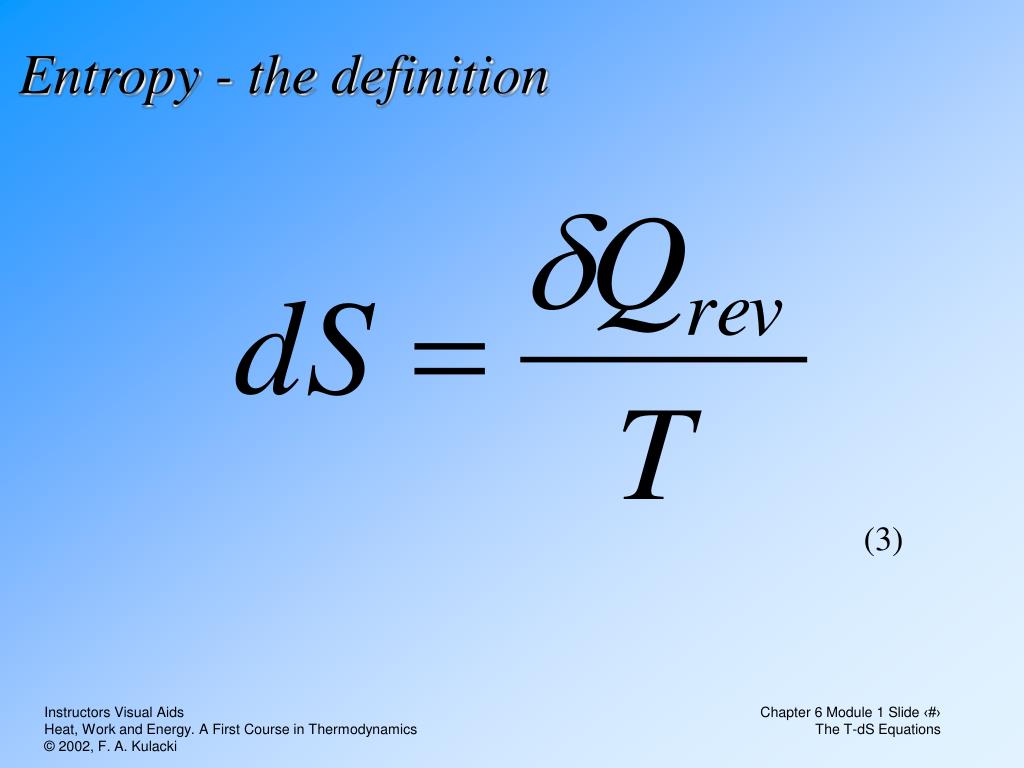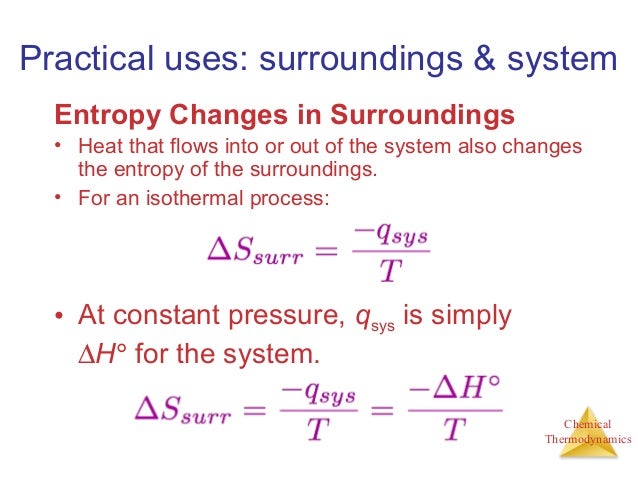
Astrophysicists invented inflation theory so they could explain the universe as it appears today. To successfully explain why the universe looks as it does today, both approaches must accommodate a process called inflation, which is an extension of the big bang theory.

“We’re postulating that the entropy of the universe is infinite. Carroll and Chen take the opposite approach. Previous researchers have approached questions about the big bang with the assumption that entropy in the universe is finite. The difficulty of that question has long bothered scientists, who most often simply leave it as a puzzle to answer in the future.Ĭarroll and Chen have made an attempt to answer it now. “You can turn an egg into an omelet, but not an omelet into an egg,” Carroll said.īut the mystery remains as to why entropy was low in the universe to begin with. As physicist Ludwig Boltzmann showed a century ago, entropy naturally increases with time. They’re time-symmetric,” Carroll said.Īnd closely bound to the issue of time is the concept of entropy, a measure of disorder in the universe. The question about the arrow of time has vexed physicists for a century because “for the most part, the fundamental laws of physics don’t distinguish between past and future. Ĭarroll and Chen’s research addresses two ambitious questions: why does time flow in only one direction, and could the big bang have arisen from an energy fluctuation in empty space that conforms to the known laws of physics? Carroll and graduate student Jennifer Chen electronically published a paper last month describing their ideas at. “We like to say that the big bang is nothing special in the history of our universe,” said Sean Carroll, Assistant Professor in Physics. The big bang could be a normal event in the natural evolution of the universe that will happen repeatedly over incredibly vast time scales as the universe expands, empties out and cools off, according to two University physicists. Under that model, time becomes an endless void in which nothing ever happens as there is little to no energy left in the Universe.Astrophysicists attempt to answer mystery of entropy By Steve Koppes Put simply, mechanical motion within the Universe will cease.ĭuring this Big Freeze, the Universe would, in theory, become so vast that supplies of gas would be spread so thin that no new stars can form. This means there would be no more room for usable energy, or heat, to exist and the Universe would die from ‘heat death’. Once entropy reaches its maximum, theoretical physicists believe that heat in the system will be distributed evenly. As a result, entropy is the measurement of that shift. Entropy comes from a principle of thermodynamics that covers energy and specifically refers to the idea that everything in the Universe eventually moves from order to disorder.

This term comes from the theory that, in the Universe and other isolated systems, entropy will increase until it reaches a "maximum value". Read more: What is Einstein's theory of relativity? Also somewhat conversely called 'Heat Death', this scenario is believed to be the most likely according to what we already know about physics and the Universe. The third theory states that the Universe could end due to a Big Freeze.


 0 kommentar(er)
0 kommentar(er)
